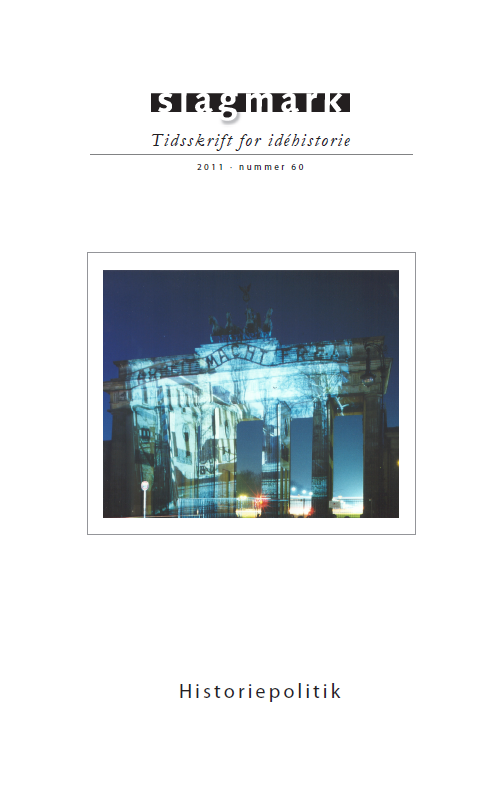”Et spørgsmål om kendsgerninger” - John Deweys tanker om historie som eksperimentel praksis
DOI:
https://doi.org/10.7146/sl.v0i60.104004Nøgleord:
John Dewey, Keith Jenkins, History, Politics, ExperimentResumé
This article analyses the American philosopher John Dewey’s (1859-1953) conception of history as an experimental practice. Set against the English historical theorist Keith Jenkins’ (1943-) claim that ‘objectivity’ and ‘facts’ are chimeras because every history is an interpretation and it is impossible to adjudicate rationally between competing interpretations, it is suggested that such expressions still make sense if history is thought of as an experimental practice along the lines suggested by Dewey. According to this way of thinking, every history should be seen as a response to a problem, and the materials and methods used to construct a given history are tested when the history is used as a means to solve the problem. This means that every reconstruction of the past involves a risk and its accuracy is of a certain probability only, but when the materials and methods used in the reconstruction have been critically examined and tested, the probability can be so high that it warrants talking about objectivity and facts relative to the given problem. Throughout the article frequent references to Dewey’s own reconstruction of history in connection with the so-called Trotsky case illustrate how this way of thinking about history as an experimental practice works when applied to a concrete example.Downloads
Publiceret
Citation/Eksport
Nummer
Sektion
Licens
Ophavsretten til artiklerne i Slagmark deles mellem forfatter og Forlaget Slagmark.
Artikler og tekstmateriale publiceret i Slagmark må citeres, downloades og videresendes for ikke-kommerciel brug, under forudsætning af normal akademisk reference til forfatter(e) samt tidsskrift, årgang, nummer og sider.
Brug og distribution af tekstmateriale både i form af papirkopier og elektroniske kopier, til undervisningsbrug på uddannelsesinstitutioner og intern brug er tilladt efter aftale med Copydan Tekst & Node. Brugen skal ske inden for aftalens rammer.
Artikler og tekster må kun genudgives med eksplicit tilladelse fra forfatter(e) og tidsskriftet med en anerkendelse af værkets første publicering i nærværende tidsskrift.





